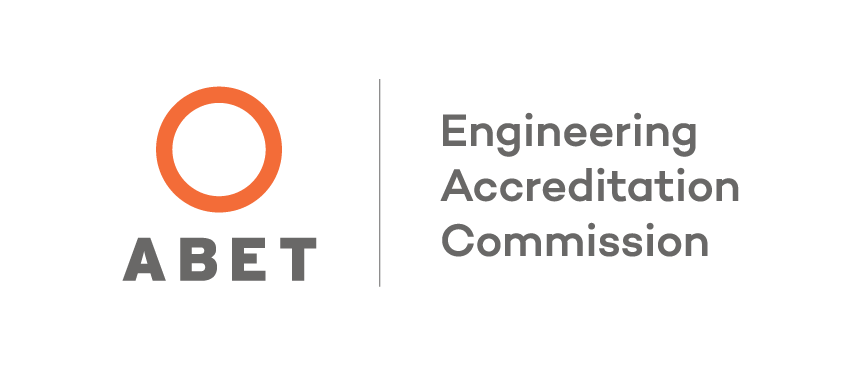Engineering Physics
Bachelor of Science in Engineering
Program Description
 Engineering Physics is the interdisciplinary study of engineering and physics with
a particular emphasis on solving complex, real-world problems. The engineering physics
curriculum includes an emphasis on engineering design, much like any engineering program,
while also including more advanced physics than a typical engineering degree. Engineering
physics graduates are well suited to applying state-of-the-art technologies to problems
in engineering design and manufacturing where established approaches are insufficient.
Graduates of engineering physics typically work in high-tech, industrial, and manufacturing
settings on teams with other engineers, scientists, engineering technologists, and
management to solve real-world design and implementation problems. APSU's BSE degree program in Engineering Physics is accredited by the Engineering
Accreditation Commission of ABET, https://www.abet.org. See ABET's Why Accreditation Matters page for more information on ABET accreditation.
Engineering Physics is the interdisciplinary study of engineering and physics with
a particular emphasis on solving complex, real-world problems. The engineering physics
curriculum includes an emphasis on engineering design, much like any engineering program,
while also including more advanced physics than a typical engineering degree. Engineering
physics graduates are well suited to applying state-of-the-art technologies to problems
in engineering design and manufacturing where established approaches are insufficient.
Graduates of engineering physics typically work in high-tech, industrial, and manufacturing
settings on teams with other engineers, scientists, engineering technologists, and
management to solve real-world design and implementation problems. APSU's BSE degree program in Engineering Physics is accredited by the Engineering
Accreditation Commission of ABET, https://www.abet.org. See ABET's Why Accreditation Matters page for more information on ABET accreditation.
- Our graduates will excel as engineering professionals on diverse career paths in research, development, design, consulting, and/or manufacturing using their knowledge to act as technical resources, addressing complex problems and making positive impacts on society.
- Our graduates will communicate and contribute effectively within diverse, multidisciplinary teams as ethical, socially conscious practitioners and leaders of their profession.
- Our graduates will be entrepreneurially minded innovators who practice adaptive learning; they will expand and enhance their knowledge, creativity, and skills through engaging in continuing education, and/or pursuit of professional licensure or advanced degrees.
- An ability to identify, formulate, and solve engineering problems by applying principles of engineering, science, and mathematics.
- An ability to apply engineering design to produce solutions that meet specified needs with consideration of public health, safety, and welfare, as well as global, cultural, social, environmental, and economic factors.
- An ability to communicate effectively with a range of audiences.
- An ability to recognize ethical and professional responsibilities in engineering situations and make informed judgments, which must consider the impact of engineering solutions in global, economic, environmental, and societal contexts.
- An ability to function effectively on a team whose members together provide leadership, create a collaborative and inclusive environment, establish goals, plan tasks, and meet objectives.
- An ability to develop and conduct appropriate experimentation, analyze and interpret data, and use engineering judgment to draw conclusions.
- An ability to acquire and apply new knowledge as needed, using appropriate learning strategies.
- An ability to use computational techniques to model and solve problems.
| Academic Year | Enrollment | Degrees Awarded |
| 2023-2024 | 32 | TBD |
| 2022-2023 | 28 | 4 |
| 2021-2022 | 35 | 8 |
| 2020-2021 | 36 | 4 |
| 2019-2020 | 40 | 0 |
| 2018-2019 | 21 | 0 |
| 2017-2018 | 5 | Program Inception |